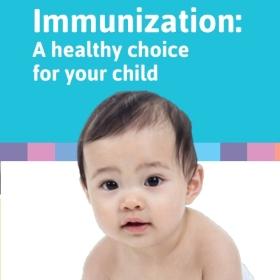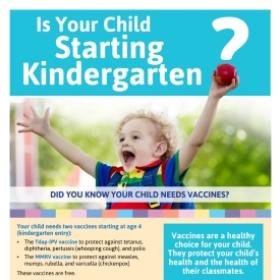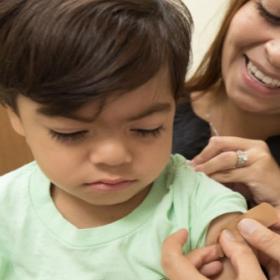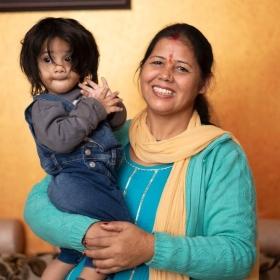On March 31, the ImmunizeBC website will move over to HealthLinkBC.ca After this date, you will be automatically redirected to HealthLink BC’s Immunization landing page. HealthLink BC provides trusted health information online and over the phone 24 hours a day, seven days a week by calling 8-1-1.
Date last reviewed:
Tuesday, Mar 25, 2025
Schedule for infants and young children (0-6 years)
The schedule below lists the vaccines recommended for infants and young children and when. These routine vaccines are free. Following this schedule gives your child the best protection from many serious diseases.
Click on the vaccine name for information on the vaccine and a link to the HealthLinkBC File.
| Age | Vaccine | |
|---|---|---|
| 2 months |
|
|
| 4 months |
|
|
| 6 months |
|
|
| 6 months and older |
|
|
| 12 months | ||
| 18 months |
|
|
| 4-6 years of age (school entry) | ||
|
For COVID-19 vaccine recommendations, see our COVID-19 vaccines page. COVID-19 vaccines are free and available for everyone 6 months and older. |
||
Schedule for school-age children and teens
The schedule below lists the vaccines recommended for school-age children and teens and when. These routine vaccines are free. Your child may be offered other vaccines if they have not had all doses of the recommended vaccines they are eligible for.
Click on the vaccine name for information on the vaccine and a link to the HealthLinkBC File.
| Grade | Vaccine | HealthLinkBC File |
|---|---|---|
| All grades |
|
|
| Grade 6 | ||
| Grade 9 | ||
|
*Children under 9 years who are receiving the influenza vaccine for the first time need 2 doses. For COVID-19 vaccine recommendations, see our COVID-19 vaccines page. COVID-19 vaccines are free and available for everyone 6 months and older. |
||
Children with medical conditions
Children with certain medical conditions may need additional vaccines or additional doses of vaccines. Talk to your healthcare provider about what vaccines your child may need.
Vaccines for extra protection
In addition to the free routine vaccines your child is offered, there are other vaccines you can buy. These vaccines can help protect your child against even more diseases. Find information on vaccines for extra protection.
It's not too late to catch up
If your child missed a vaccine, make an appointment for them to get caught up. Learn where children can get immunized.







